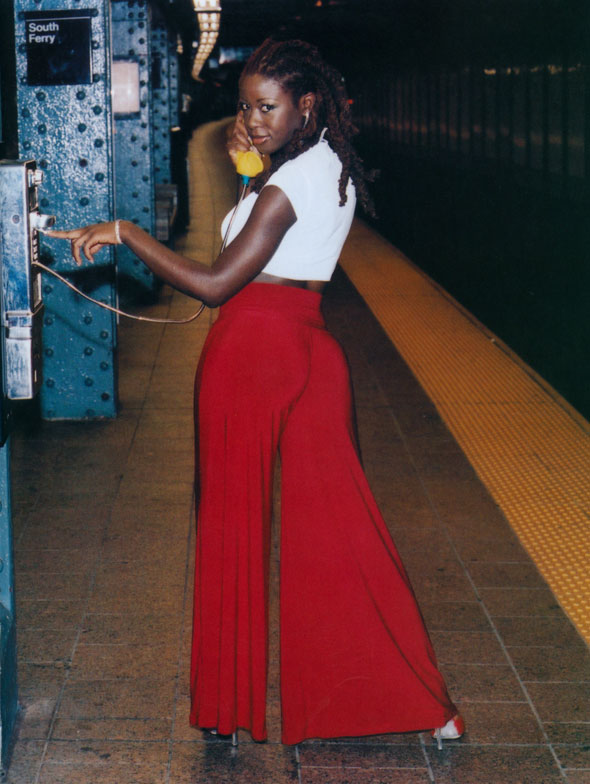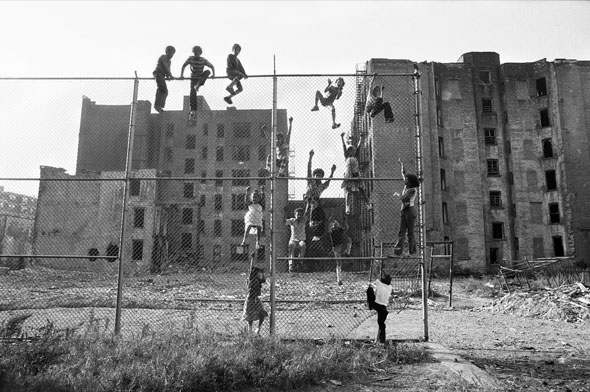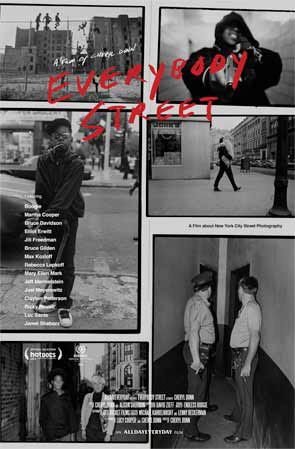
The documentary pays tribute to the spirit of street photography through a cinematic exploration of New York City and captures the visceral rush, singular perseverance and at times immediate danger customary to these artists.
I talked with Cheryl Dunn about her movie that makes you want to grab the camera and hit the streets, but first some background:
Shot in New York City over the course of three years, the documentary covers nine decades of street photography by combining 16mm black and white, HD, stills and archival footage to create a filmic tapestry, interjecting a unique vision into the history of street photography.
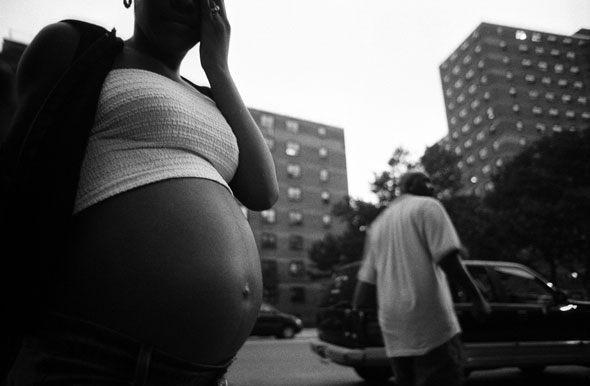
There’s hardly a better playground for a photographer than a bustling, loud, dynamic city. Everybody Street is a film about the challenge and excitement of shooting everyday urban life; a film dedicated to the originality and independent spirit of the artists profiled.
It’s a city portrait by artists who share an obsession with documenting New York City’s landscape and people, from graffiti-covered subways to gangs in Brooklyn. Folded in to the sometimes brutally honest conversations are 16mm film clips portraying contemporary New York City in a style mirroring the gritty and diverse photography seen throughout.
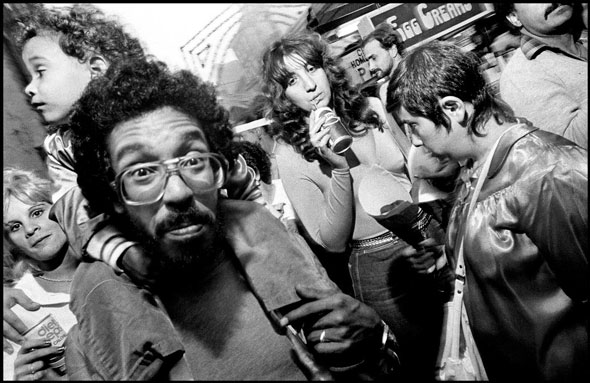
Most of the photogs can be seen carrying Leicas or other 35mm cameras, and there’s even some discussion of how the tools you use can affect the pictures you take in unexpected ways. For example, a large format camera allows for a completely different type of interaction with people than a small rangefinder.
The documentary also touches on the old digital versus film debate, with a decent mix of opinions on how the Internet — along with easy access to image-making tools — has altered the photographic landscape. Some of these artists, like Joel Meyerowitz, see the potential of great genius in the way people use cameras today, while Eliott Erwitt sees digital as diluting the art form.
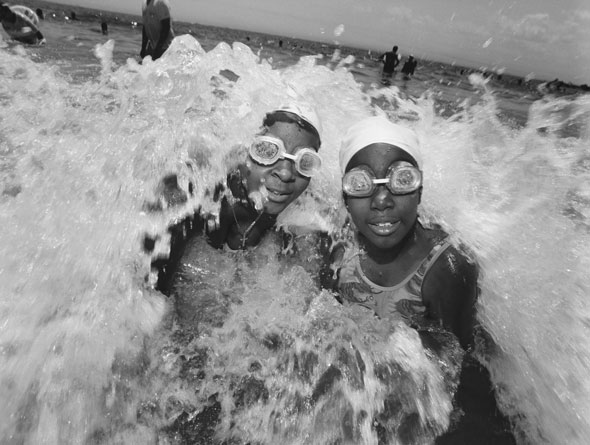
Well I asked the film’s director Cheryl Dunn — who is herself a photographer — some questions about the documentary:
What was it like to shoot Everybody Street, Cheryl?
The privilege to interview and hang out with these photographers was very exciting and special. I really believe that there is nothing better than garnering insight from artist themselves about their processes and that is what i hoped to share with this film.
What’s street photography for you?
It’s is an exciting dance, a difficult challenge that tests your commitment, instincts, physicality, vision, sensitivity to light and your ability to anticipate action. It’s a study of human nature and culture that is alway evolving.
Why a documentary?
It was initially a commission from a museum. That was the catalyst and making it into a feature was a natural progression. Making a feature film about something you do and love is a good gig…
A street photographer at work isn’t probably the most sociable person…
Everyone is so different. But all of them are incredibly passionate and are workaholics and great teachers. It was sometimes intimidating and always an honor.
Digital photography isn’t the end of classic street photography, isn’t it?
I hope that when people are using their photo apps and enjoying participating in taking and sharing photos today that they understand and appreciate the importance of what has gone on before and have a look at my film to learn about it.
Photographers featured in Everybody Street are Bruce Davidson, Elliott Erwitt, Jill Freedman, Bruce Gilden, Joel Meyerowitz, Rebecca Lepkoff, Mary Ellen Mark, Jeff Mermelstein, Clayton Patterson, Ricky Powell, Jamel Shabazz, Martha Cooper and Boogie, with historians Max Kozloff and Luc Sante.
You can purchase Everybody Street through Vimeo; rent is $4.99, buy $12.99.
